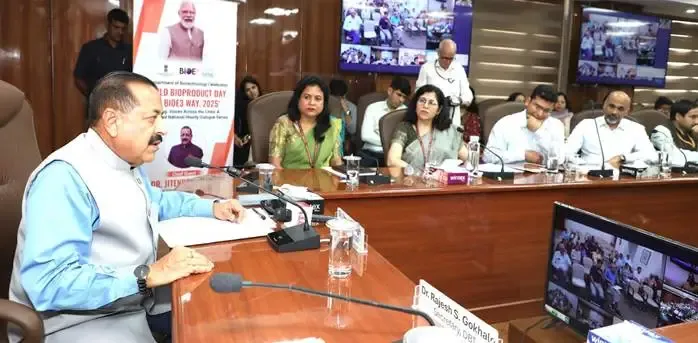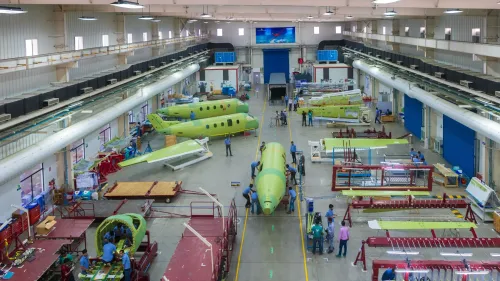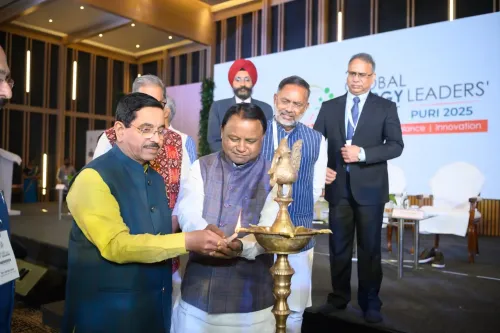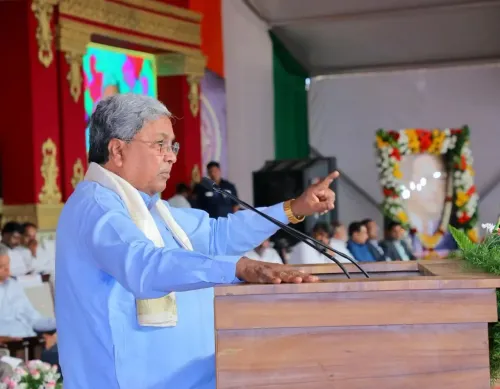How is India planning to achieve a $300 billion bioeconomy by 2030?

Synopsis
Key Takeaways
- India aims for a $300 billion bioeconomy by 2030.
- Biotechnology has grown to nearly 11,000 startups.
- The BioE3 Policy aligns economic growth with sustainability.
- Public engagement is crucial for biotechnology advancement.
- NEP 2020 encourages flexibility in education.
New Delhi, July 7 (NationPress) The government is determined to achieve a $300 billion bioeconomy by 2030, emphasized Union Minister of Science and Technology, Dr. Jitendra Singh, during the observance of World Bioproduct Day on Monday.
He called for an enhanced public understanding and inclusive involvement in India’s biotechnology mission, asserting that every Indian plays a role in the nation’s bioeconomy.
According to Singh, the biotechnology sector in India has surged from approximately 50 startups a decade ago to nearly 11,000 today, a significant advancement facilitated by supportive policies and strategic partnerships.
He highlighted the recently introduced BioE3 Policy, which establishes a framework for India to take the lead in sustainable biomanufacturing, aligning bioeconomy ambitions with environmental sustainability, economic growth, and social equity.
The BioE3 (Biotechnology for Economy, Environment and Employment) Policy is designed to position India as a frontrunner in bio-based innovations.
“Bioproducts extend beyond laboratories; they encompass livelihoods—from biodegradable packaging to eco-friendly personal care products, promoting rural employment and green jobs,” he stated. He further asserted that the forthcoming industrial revolution will be propelled by the bioeconomy, with India at the forefront.
Additionally, recognizing the hurdles faced by young scholars in the biotech field, the Minister mentioned the disconnect between parental expectations and individual interests in career paths.
He referred to the National Education Policy (NEP) 2020 as a transformative initiative, allowing students to explore subjects of passion with flexibility. “We’re witnessing a new generation with genuine aptitude and a willingness to learn,” he added.
Singh also called for enhanced social media engagement, utilizing success narratives, local languages, and relatable formats to convey biotechnology’s significance to everyday citizens. “To attract young talent, we must connect biotechnology to profitability and livelihoods, rather than solely academic pursuits,” he remarked.
Meanwhile, Secretary of DBT and Chairman of BIRAC, Dr. Rajesh S. Gokhale, outlined the measures being implemented to operationalize the BioE3 Policy across the nation.
These initiatives include “support for pilot manufacturing, region-specific innovation missions, and fortifying the pathway from research to market,” Gokhale stated.










